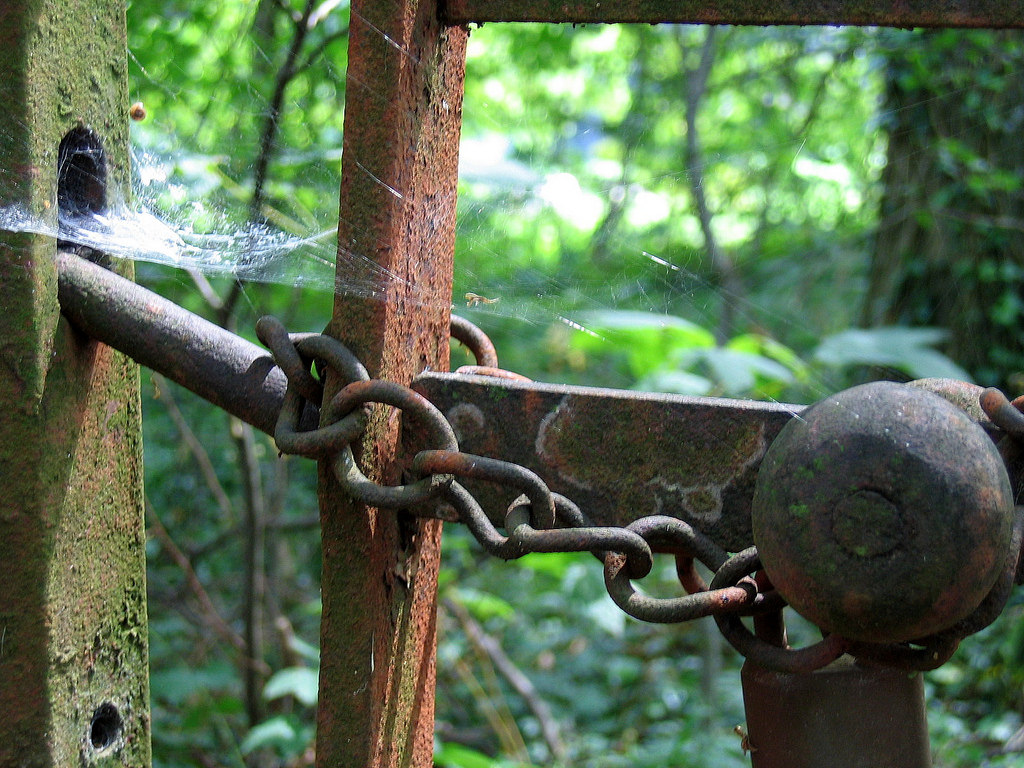“Africans need to say no to xenophobia”
March 16th, 2017Recent xenophobic attacks in South Africa lead Ludwekazi Ndlazi, 24, a Correspondent from Durban in South Africa, to consider that events might indicate some residents refuse to acknowledge the #WEAREONE movement.
In the year 2015, families suffered great losses, businesses were shut down and many lost their lives in xenophobic violence.
It seems the harsh attacks have made a return in the new year, 2017. In the month of February, reports on the rise in xenophobic attacks in the cities made headlines. These events forced the South African Police Services to be hard at work protecting the victims. Media personnel were also in the field, reporting these stories to the world.
The level of anger and aggression that leads to fellow brothers and sisters beating and burning one another raises concerns. Some communicate their frustrations and suggest that these feelings come from a place of vulnerability, anxiety and mostly, a place of lack.
There was a time in history when Africans fought with Africans for Africans against Europeans. Tables have turned and things have changed. Today, Africans fight against one another. In a generation where citizens have become vocal, with freedom of speech and a constitution that protects their rights, there is no reason for violence to be the solution to any plight in South Africa.
No matter how valid the reasoning behind these attacks, nobody can put a prize on somebody’s life. Looking at the hierarchy, the people suffering the most are the ones at the bottom of the chain, with little or no power to make changes to their current situations. The perpetrators have ignored real issues. Active citizens have since decided to take the issue to the streets of social media to raise awareness. These platforms, together with media coverage, have helped some foreign nationals find safety in these pressing times. The trend has gotten people talking about how this mannerism of problem solving only but damages the dream of a progressive Africa.
“Everyone is a foreigner somewhere, somehow…”- Unknown. This statement from a frustrated citizen who finds xenophobic attacks pointless was one of the few that trended on social media. The South African Home Affairs Department constantly looks at improving ways of monitoring people who get in and out of South Africa, thus ensuring that everyone has the proper documentation and is in the country legally.
The ideology behind the hard work put in by the past fallen heroes of the struggle has been reduced to meaningless fights amongst the very same people they fought for – to have a brighter and better tomorrow. They believed Africans deserved better. They believed this enough to die for their people.
While being a country that speaks of and advocates for ubuntu – humanity – the culprits have forgotten how, where and why this all started. They, today, can freely roam around the streets of their home towns without fear of gun shots and rubber bullets or police officials demanding to see their passes. They have forgotten what it feels like to be attacked solely for trying to stay alive. This time, the past is indeed proving to be gone and forgotten by many.
The question then rises, “Where are fellow Africans expected to seek refuge from harm’s way if not from their sister countries?” We are familiar with past struggles like genocides that struck countries such as Rwanda. Who then should fellow Africans run to?
When African countries unite, and choose to work together, when citizens halt ignorance and work toward a common goal of coming together to prove Africa has a better and brighter future ahead – a future where all Africans truly believe we are one – only then will they be able to stand firm, to vouch for African renaissance and work towards realising the rise of Africa. #SayNoToXenphobia #WeAreOne
@LudwekaziN
photo credit: jenny downing firmly closed via photopin (license)
…………………………………………………………………………………………………………………
About me: I am a Durban based entrepreneur, originally from the Eastern Cape. Holding a Bachelor of Technology in Business Management, I am founder and director of The Training Institute of Customer Service Excellence.
My interests include reading books, current affairs and analysing social, economic and political issues affecting the youth. I am a transformational speaker, events host, writer and poet. With a passion for changing lives, community development has become a priority for me as a change agent.
…………………………………………………………………………………………………………………
Opinions expressed in this article are those of the author and do not necessarily represent the views of the Commonwealth Youth Programme. Articles are published in a spirit of dialogue, respect and understanding. If you disagree, why not submit a response?
To learn more about becoming a Commonwealth Correspondent please visit: http://www.yourcommonwealth.org/submit-articles/
…………………………………………………………………………………………………………………





